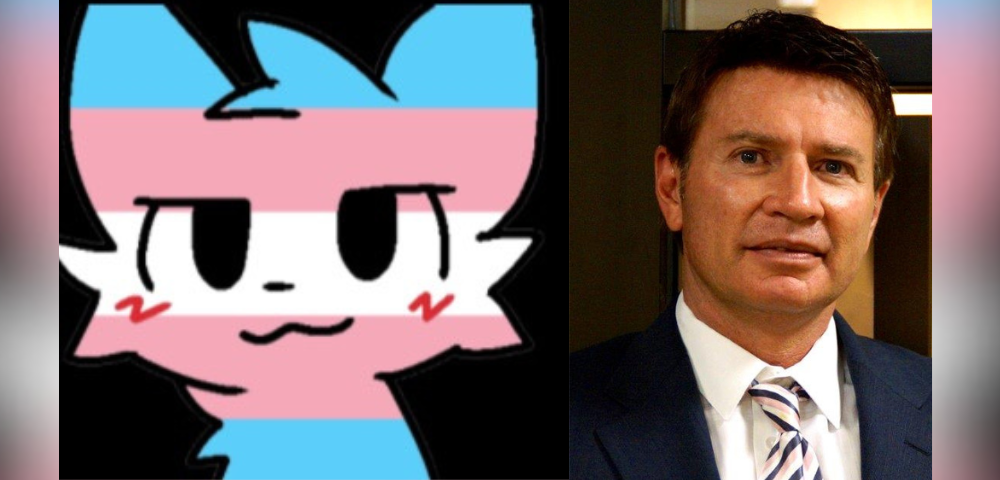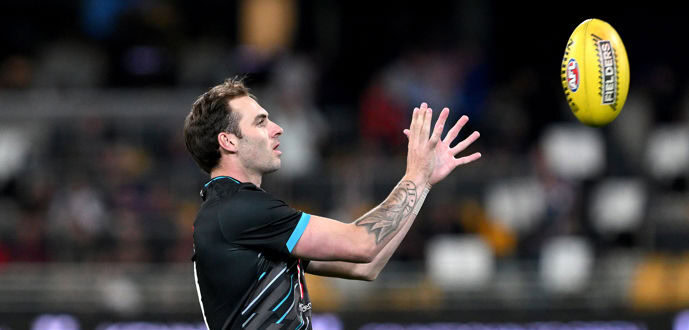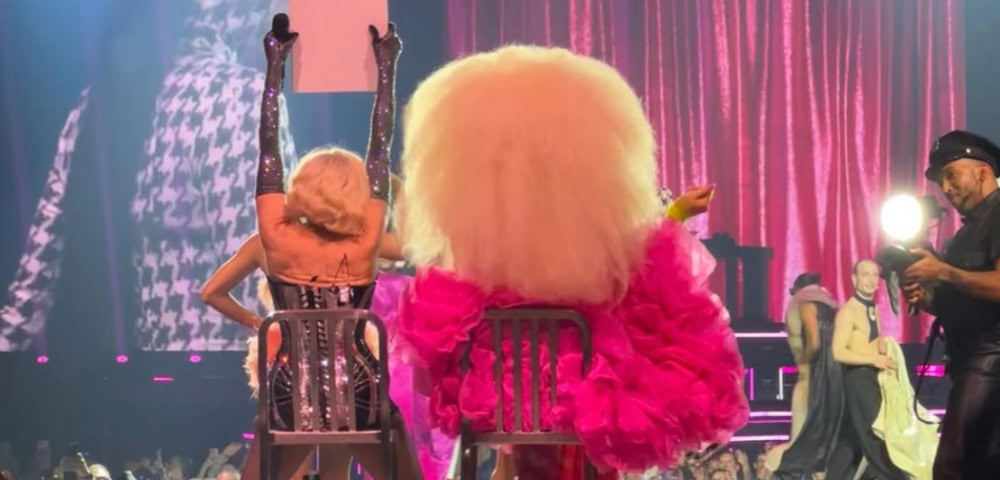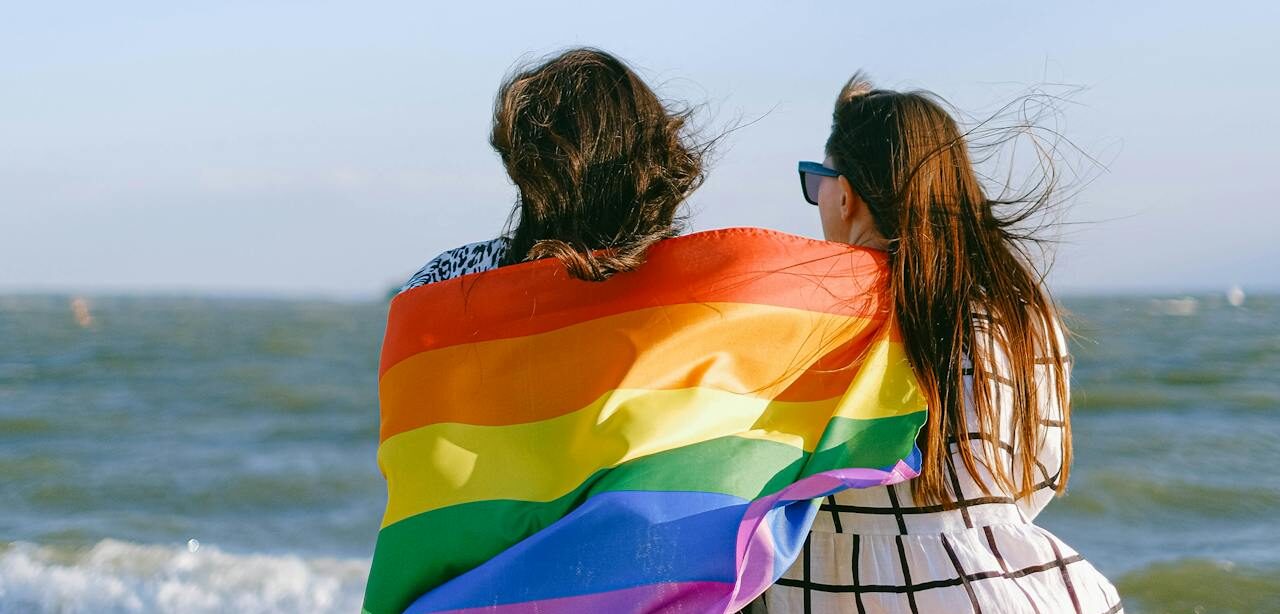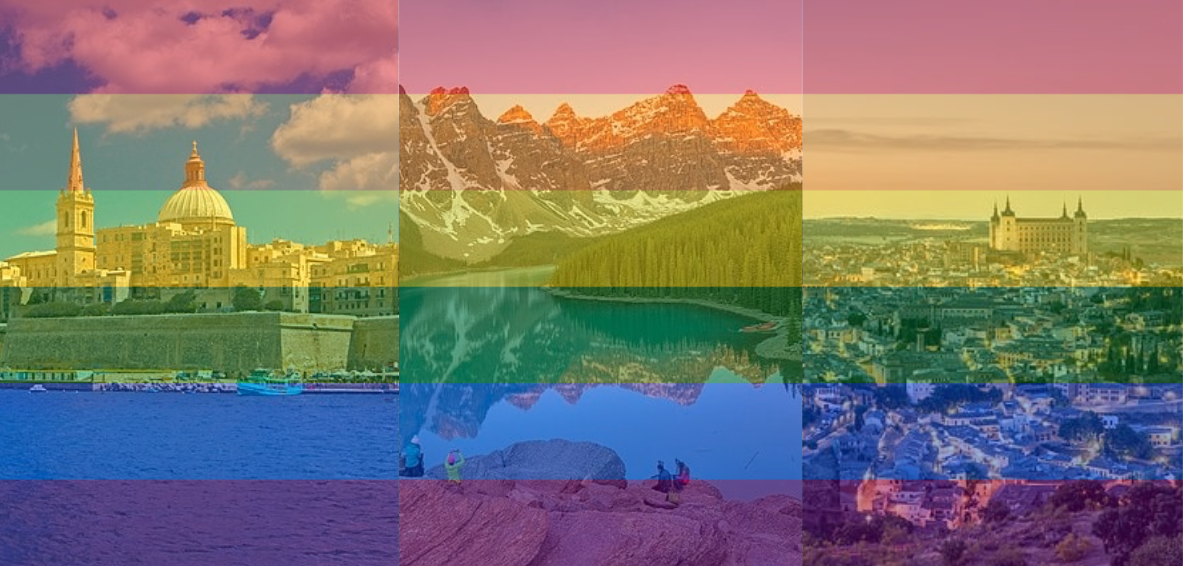
Gay Nigerian panellist to Nigerian journalist: “We are very visible”
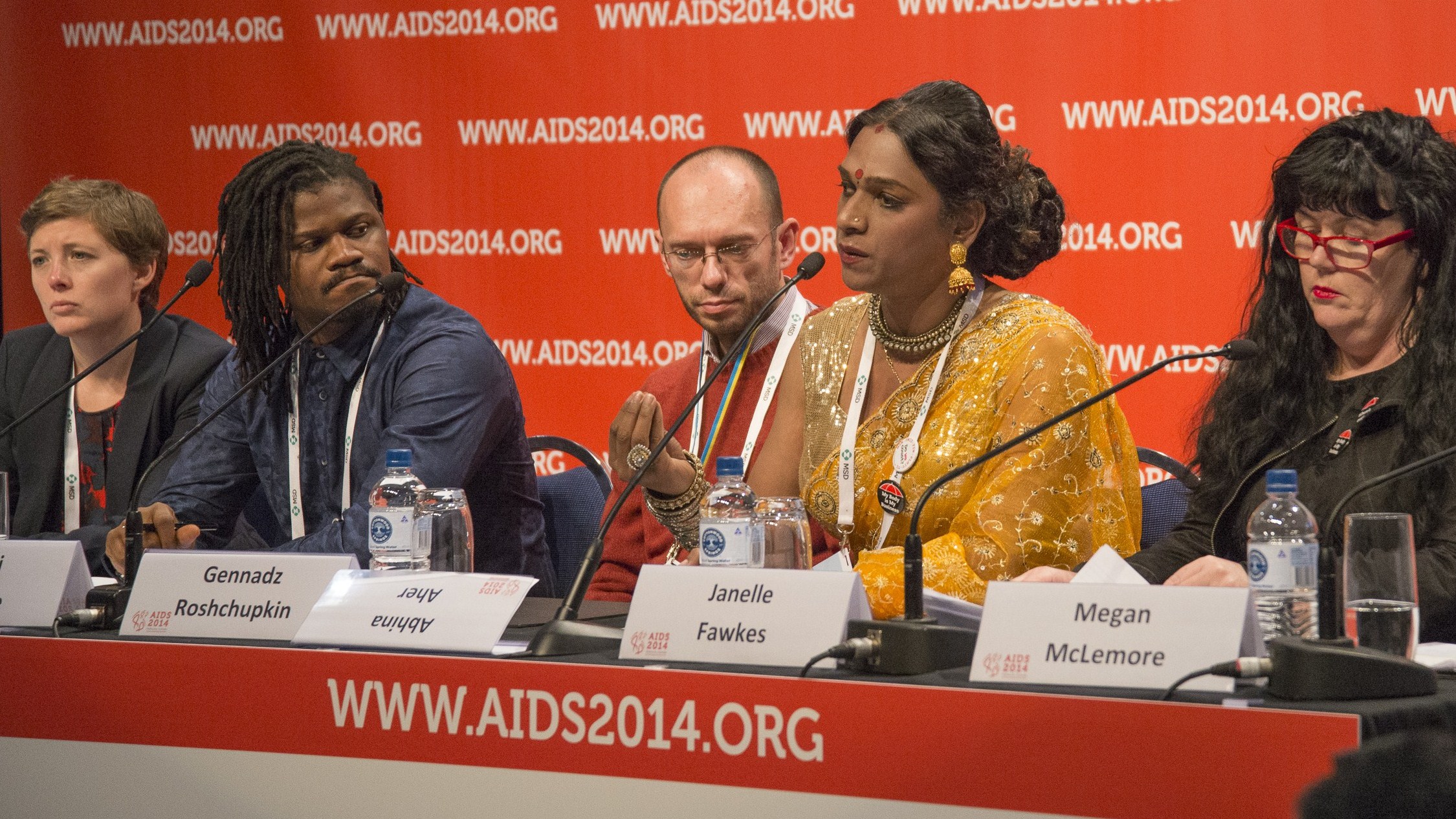
A PRESS conference discussing stigma and discrimination against communities vulnerable to HIV at AIDS 2014 took an unexpected turn when a Nigerian panellist confronted a representative from Nigerian media.
At the end of the panellists’ presentations (pictured above), media representatives were invited to ask the panel questions, and one of them was from a Nigerian reporter.
Addressing panellist Ifeanyi Orazulike, who runs who runs a clinic for gay men and trans* people in the Nigieran capital of Abuja, the reporter said “gay men are not that common in Nigeria” and was surprised the amount of stigma and government-enforced homophobia they faced was playing a part in the country’s HIV treatment and prevention efforts.
Orazulike looked taken aback, before he responded: “It is quite incredible… to hear that gay men are not that common in Nigeria.”
He then pointed to fellow Nigerian delegates in the audience, stressed that they existed.
“We are very visible,” he said, to a round of applause.
“If you might want to hear more, I am more than willing to give you more information… because it is quite incredible to hear that gay men are not common in Nigeria.”
The forum saw panellists from all over the world, including a representative from the Human Rights Watch, highlight issues they face when it comes to the stigma and discrimination against communities where HIV is prevalent, and how these challenges hinder efforts in HIV treatment and prevention.
While homophobia — especially government-enforced homophobia such as Russia’s “gay propaganda” laws, Nigeria’s anti-gay laws and the re-instatement of anti-sodomy laws in India — was a common theme among the panellists, transphobia was also addressed.
Panellist Abhina Aher, a prominent trans* and HIV advocate, said she was on the panel not for her self but to as a representative for all trans men and women.
She said the sexual health research around trans* and intersex people came “really, really late” and called on the wider community to include them in the response to HIV.
“Most of the trans men and trans women are subject to HIV,” she said.
“There is no more lip service… you have to make us part of the response.”
Janelle Fawkes, chief executive of Scarlett Alliance, the peak body for Australian sex workers, said decriminalisation was needed across Australia for sex workers, their workplaces and their clients.
“Our work and personal experiences is shrouded in stigma,” she said.
She used the example of NSW, where sex work has been decriminalised, as “strong evidence” that that change empowered the sex workers community to address stigma and and HIV.
(Photo credit: Rod Spark)




